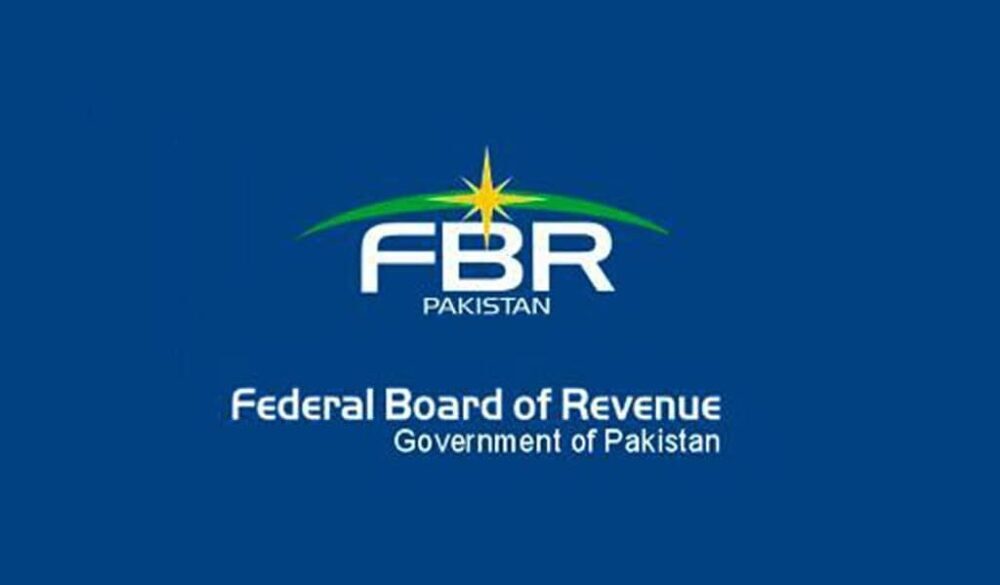PM praises FBR for achieving 41pc growth in March

Prime Minister Imran Khan on Wednesday commended the Federal Board of Revenue (FBR) for posting an unprecedented 41 percent growth in revenue collection by March 2021.“I commend the efforts of FBR, I even have achieved a historic growth of 41 percent in March 2021 with recorded shares of Rs460 billion,” the prime minister said during […]
Withholding Tax on Vehicle Registration and Transfer

Federal Board of Revenue (FBR) has recently updated the Withholding tax rates on any vehicle registration and for transfer of vehicles for the year 2020-21 from 30th of june, 2020. Withholding tax under Section 231B: The withholding tax rate under section 231B for private vehicles is that withholding tax shall be collected by vehicle registration […]
What is Federal Board of Revenue?

Federal Board of Revenue (FBR), formerly known as Central Board of Revenue (CBR) was formed on April 1, 1924, with the enactment Central Board of Revenue Act of 1924. The Federal Board of Revenue (FBR) is a special government association of Pakistan to investigate money laundering and tax evasion crimes. The FBR works with all […]
Pakistan Budget 2020-21 Highlights

Here are budget 2020-21 highlights: 1- No new tax to give relief to people 2- Ahsas program to continue by increased budget 3- To improve tax collection 4- To decrease in govt. expenditure 5- To improve subsidy system 6- Poverty elevation program 7- Higher education budget increased 8- Measures taken to improve remittances 9- Kamyab […]
Documenting economy: FBR urged to use data of bourse, the property market

Pakistan Business Council (PBC) has asked the Federal Board of Revenue (FBR) to use stock market/property data and the National Database and Registration Authority (Nadra) information for documenting the economy and providing a level-playing field to the domestic manufacturing from the next fiscal year. According to the budget proposals of the PBC for 2020-21, the […]
How to pay Income tax in Pakistan?

If you are a filer or taxpayer and want to pay income tax, you can pay it either online or manually. Please see the payment methods: Factors of Income Tax Calculation: Calculating income tax depends on various factors that contain your status whether you are an individual, a company, a firm or a local authority, […]
How to apply for NTN number online?

Other than apply for NTN manually, you can apply for NTN number online through the FBR official website by following steps given below: Online Procedure: Step 1: First of all, you need to go to the website: https://e.fbr.gov.pk in order to apply for your NTN number. Step 2: Here you will see the ‘e-Registration’ tab. All you need to […]
How to become a Filer in Pakistan?

If you are the citizen of Pakistan, it is your duty to pay your tax. To become a filer in Pakistan, you must have a sim card registered with your own Cnic number, your personal email address, pdf file of Certificate of maintenance of your personal bank account, Evidence of Tenancy/Ownership of business premises in […]